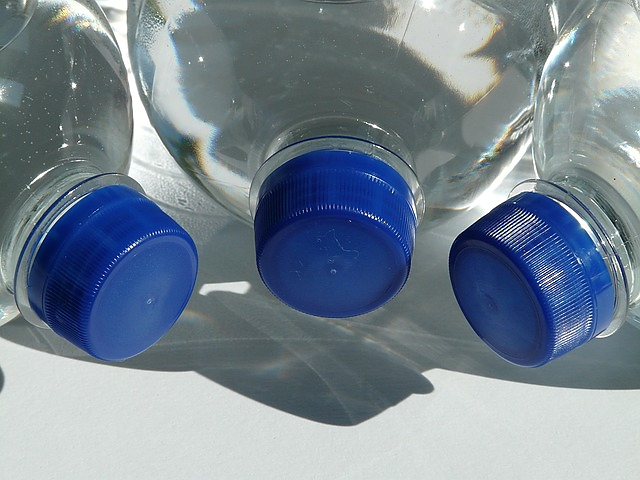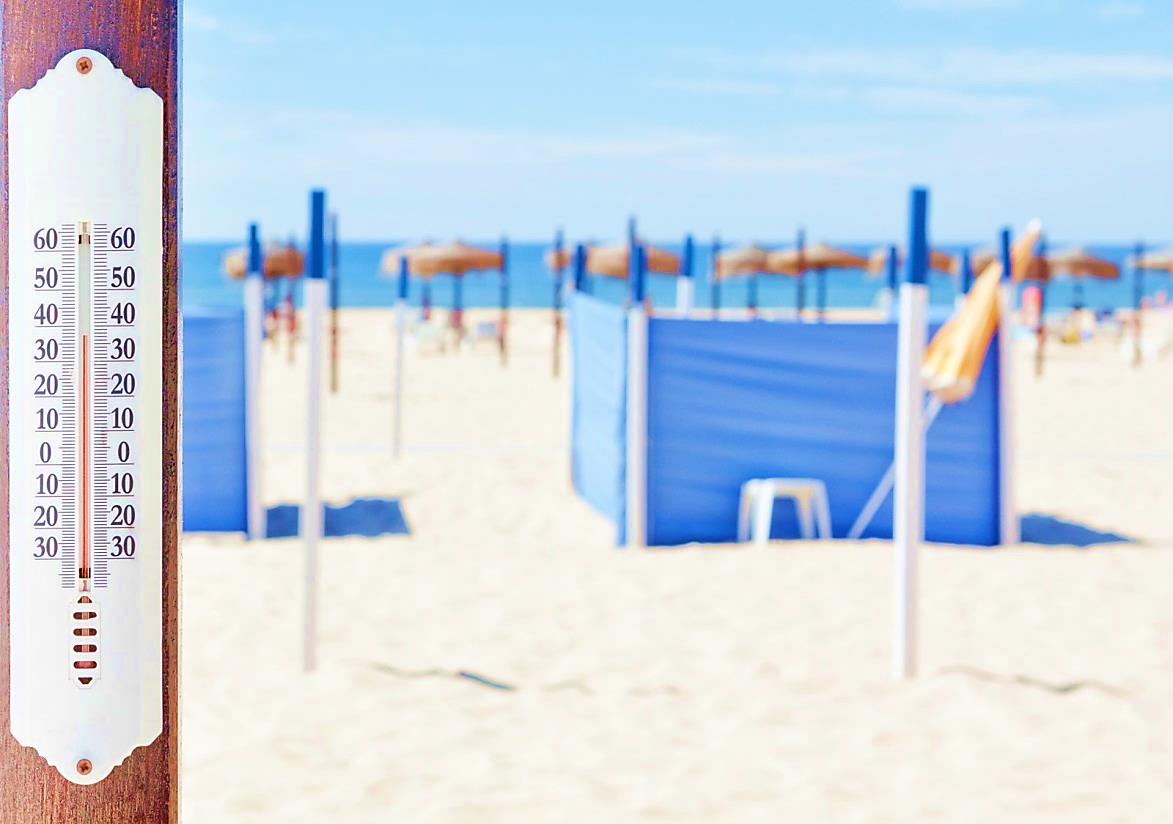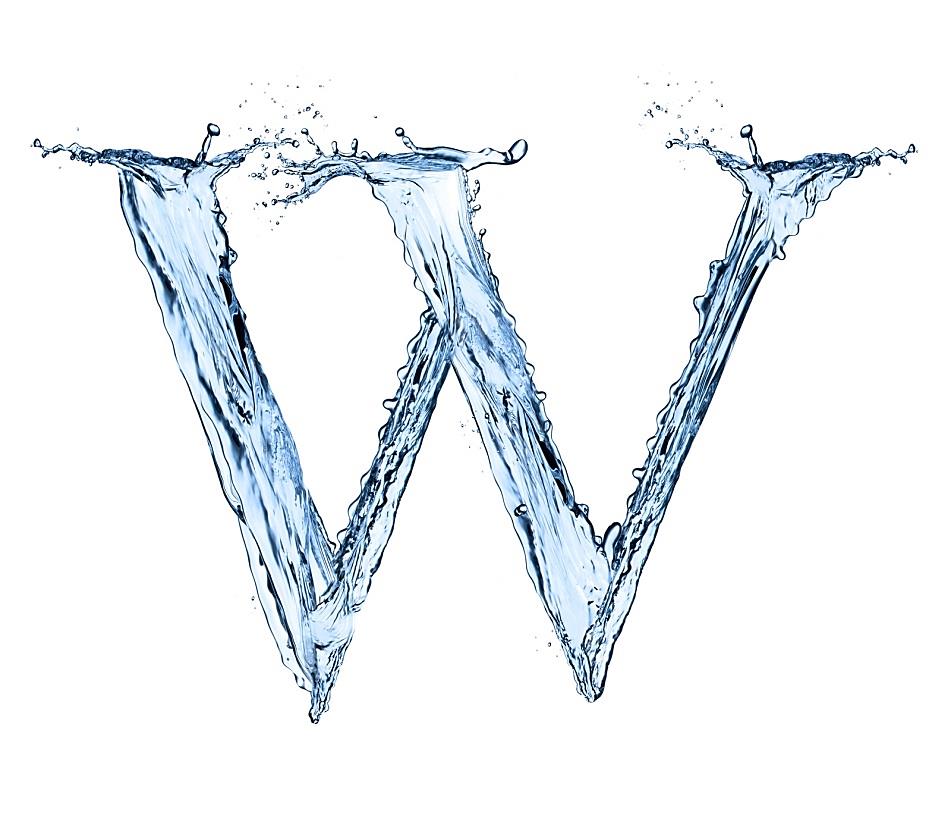
by Fern Shaw | Jan 25, 2017 | Health and Hydration, Water
I know we keep on at you, dear hallowed visitor of the blog, about how important it is to keep hydrated and it can get a bit much, but, here’s the thing – it IS important. As in possibly the most important thing that keeps your wonderful self alive and operational, not to mention functioning, lucid, thinking, your organs doing what they need to do, your skin all plumped up and your eyes shiny berry clear.
Here are some fast facts just to give you an indication of how true my mention of your organs needing water to function is:
- Your brain is 75% water.
- Blood is 92% water.
- Your bones are 22% water.
- Your muscles (or musskills as my family call them) are 75% water.
See? I wasn’t kidding when I said how crucial keeping hydrated is!
Adverse effects from not drinking enough water include digestive, skin, bladder and kidney problems, fatigue, and even headaches. We need water as much as the air we breathe in! Keeping your body hydrated is not a joke.
Did you know that dehydration actually sets in just before you start feeling thirsty? Sipping water throughout the day is the best way to handle it. Always have a bottle or a glass of water handy. If you’re not a morning person, having two glasses of water right after you wake up will boost up your blood pressure to normal levels, and it’s way healthier than having your first coffee on an empty stomach. This I can personally attest to – I’m the antithesis of a morning person, but I started with 2 glasses of warm-ish water in the mornings when I wake up and I’ve stuck with it. I’ve since noticed a marked difference in my energy levels – not huge – but marked, if I don’t start the day drinking water.
Many of us believe that merely drinking fluids like sweetened juices, cool drinks or tea will hydrate you as well as water does. This is not true. It’s actually the opposite. To deal with the excess sugar and salt you are taking in your body wastes immense amounts of precious water just to clean it out from your system. And if you love your coffee, make sure to drink one extra glass of water for every cup you have.
Drinking water regularly speeds up your metabolism and makes you feel more ‘full’. You will eat less once you start drinking more! It’s the safest and healthiest way to lose weight. Drink up!

by Fern Shaw | Sep 14, 2016 | water cooler
Right, so AquAid is a water and water cooler products provider – this we know. And we’re definitely the go to company to go to (ha ha) when it starts heating up – this I’m sure you don’t need to be told (again).
But while the temperatures are soaring here in good ol’ Blighty, and your brain may be a little on the blink because you feel like it’s meltinnnnnnng, what you may not know is that when you purchase any of our water cooler products, you’re actually helping people in far off countries gain access to safe drinking water. No, I’m not kidding and no, this is not sales talk.
How it works is like this: for each water cooler purchase, AquAid make a donation to the charities we’ve supported since we started up in throwback 1998. Yep, all the way back then. Helping others less fortunate is a vital part of the AquAid business ethos – which is why we continue to donate a portion of our water and water cooler sales to charities that work tirelessly to ensure a better present and future for people in communities that have no access to water or spend a goodly portion of their days walking to find water.
We’re not blowing our own water trumpet, honest – it’s just really inspiring and motivating when you see the results of everyone’s hard work – and all of this is thanks to you, dear customer. So … thanks. Very much. Your purchase is making the world of difference to someone else’s life. Peace out.

by Fern Shaw | Aug 31, 2016 | Christian Aid, Water
It’s a very important week in water this week, with the World Water Week summit taking place in Stockholm from 27 August to 02 September.
Participants from around the world will gather to convene events about water and development issues. It is also an opportunity for individuals from around the globe also present their findings at the scientific workshops.
The theme for this year’s summit is ‘Water for Sustainable Growth’.
Having recently returned from a visit to Ethiopia with Christian Aid, a charity that AquAid have partnered with since the company’s start in 1998; and having witnessed first-hand the vital need for water provision throughout the country, I can only concur that water provision to those that need it isn’t enough (although it’s a fantastic start!) – in order to make a difference in the long term – sustainable water provision is essential.
So, what can you do?
You can choose a water provider whose core belief is making a difference in other people’s lives. How so, you may ask? Well, simply put, AquAid have, from the start, donated to charities whose focus is on sustainable water provision. This means that for each bottle of water or water cooler purchase, a donation is made to these charities.
What do we do?
Of course, we’re a business and we operate on business principles. How we’re a little different is that a core business principle is to contribute to charities that make a difference. This is achieved through long standing relationships with charities such as Christian Aid and the AquAid founded Africa Trust.
Since our partnerships with these two charities began, AquAid have donated over £10 million to charity and more than 5 million people in more than 7 countries now have access to a better water source and a more sustainable ‘water’ future.

by Fern Shaw | Aug 22, 2016 | Water Coolers
We all remember the phantasmagorical 2012 Olympics held in the U.K. which, according to all reports, was a resounding success and now, four years later, we’re in the thick of things with the Let’s Go Rio Olympics.
And when I say the thick of things, I mean it, from broken limbs to athletes been sent home through to let’s just call it; men behaving badly pre- and post-events and then being called out about it. The temperatures are rising and it’s not just due to the weather!
On a more positive note, Rio 2016 is officially Great Britain’s best overseas Olympics after they surpassed not only the Beijing tally of 47 medals, but their own 2012 Olympics with 65 medals, by winning a total of an impressive 67 medals to date. Well done, Team GB!
There are so many considerations to be taken into account during the games, and not least, the athletes (indeed everyone involved) keeping themselves in tip top condition and ensuring that they keep themselves adequately hydrated.
Sports hydration, understandably, is quite different to the average person’s hydration requirements, so this will have been taken into account during this year’s Games, including factors such as the temperatures in Rio, despite it being winter in Brazil at the time of these Summer Olympics.
AquAid played a big part at the 2012 Olympics by ensuring that there was always water at and around the Olympic sites, whether it was for the spectators, the vendors, or the village itself. We can’t say that AquAid were present in Rio providing water and water coolers to all attending the Games, but we were definitely with Team GB in spirit and would like to extend a very sincere congratulation to Team GB for doing the UK proud!

by Fern Shaw | Aug 19, 2016 | Water
We can’t always be stats and measurements and water saving tips. Sometimes we just have to go with the flow (aha) and celebrate the joys of descriptive language.
Keeping it watery, here are a few words from A to Z (or thereabouts) to describe the liquid bringer of life (unless you’re a vampire of course, then it’s a different story):
Aqueduct
Brook
Cloudburst
Fluvial is a term used in geography and geology to refer to the processes associated with rivers and streams and the deposits and landforms created by them.
Monsoon
Oxbow – used to describe both a yoke for an ox and a particular shaped bend in a river. (I just learnt that – colour me proud!)
Precipitation is any product of the condensation of atmospheric water vapour that falls under gravity. The main forms of precipitation include drizzle, rain, sleet, snow, graupel and hail. Say it with me now … pre …cip …ee … tation! Isn’t that satisfying? (Okay, I’ll admit, there’s a little Rocky Horror colouring that watery descriptive word).
Qanat – an underground tunnel for carrying irrigation water.
Watery
Aren’t they lovely? Say them with me now Clowed BURST! Floo…vee…owl Mon…sooooon.
Do you have any favourite words describing water in all its magnificent permutations? If so, please feel free to add them in the comments section.





